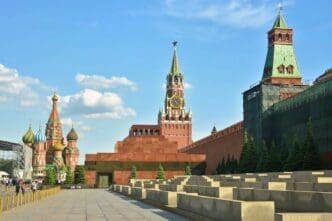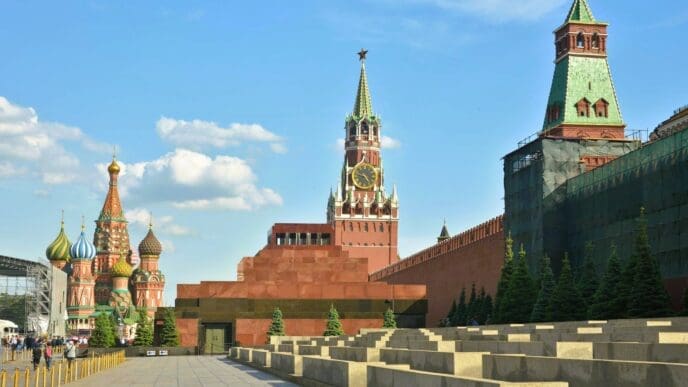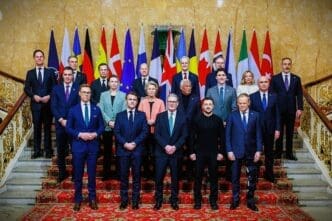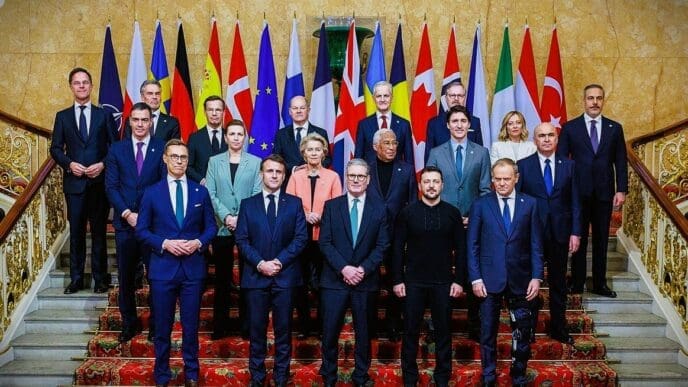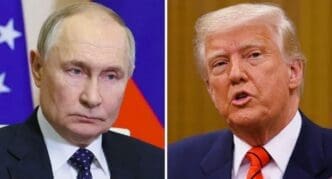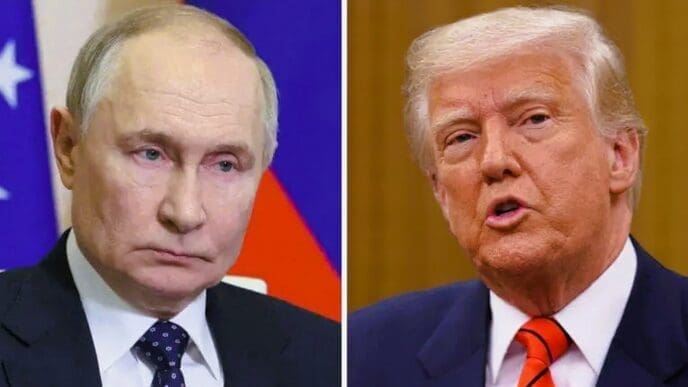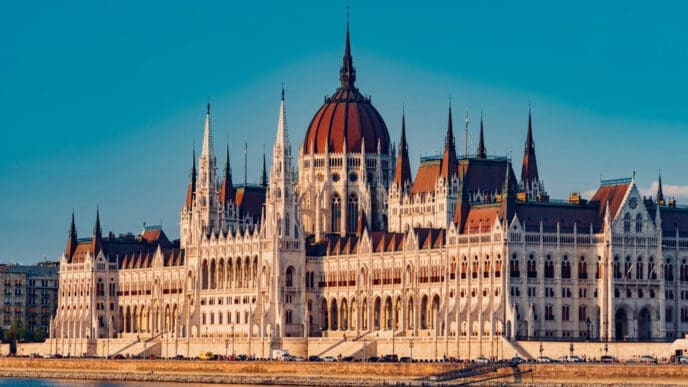NATO’s commitment to Ukraine remains steadfast, with the alliance’s secretary general highlighting that allies have pledged over €20 billion in security assistance during the first quarter of 2025. This significant support underscores the alliance’s dedication to Ukraine amid ongoing tensions.
Mark Rutte, during an unexpected visit to Ukraine, met with President Volodymyr Zelenskyy in Odesa. He expressed his belief that the Ukrainian people deserve genuine peace and security in their homeland. The visit included a tour of a hospital where they met with wounded Ukrainian soldiers, reflecting the human cost of the conflict.
Rutte’s visit follows a devastating attack in Sumy, where two Russian ballistic missiles resulted in the deaths of at least 35 individuals, including children, and injured 119 others. This attack is the second major strike in just over a week, emphasizing the severe impact on civilians.
This trip marks Rutte’s first to Ukraine since US President Donald Trump took charge of ceasefire negotiations between Kyiv and Moscow. These discussions, which have included rounds of talks in Saudi Arabia, are described as challenging, particularly in light of recent violence. NATO has expressed strong support for President Trump’s peace initiatives.
While Ukraine has backed the US-proposed ceasefire deal, Russia’s imposition of extensive conditions has stalled progress. Nonetheless, Ukraine and its European allies are advancing plans for a “coalition of the willing,” which aims to provide long-term security guarantees to deter future Russian aggression post-ceasefire.
As the US urges Europe to assume responsibility for its own security, this coalition is viewed as a critical test of the continent’s resolve to protect its interests. Zelenskyy emphasized Turkey’s potential role in ensuring Black Sea security guarantees for Ukraine.
The ongoing security discussions in Turkey, involving military representatives from Ukraine, France, the UK, and Turkey, focus on establishing a military presence in the Black Sea as part of these guarantees. This comes shortly after the US announcement that Russia and Ukraine had agreed to cease the use of force in the region, though key issues remain unresolved as Russia ties the deal to the lifting of Western sanctions.
Meanwhile, negotiations between Ukraine and the US regarding a revised agreement on Ukraine’s mineral resources are progressing positively. Recent talks in Washington were described as constructive, with further consultations planned. These discussions aim to finalize an agreement that benefits both parties.
Understanding the Impact
The ongoing conflict and diplomatic efforts have far-reaching implications for Ukraine and the broader region. NATO’s unwavering support and the proposed coalition of willing nations highlight the importance of international collaboration in maintaining regional stability. For Ukraine, securing peace and establishing long-term security guarantees are crucial steps toward rebuilding and ensuring safety for its citizens.
The potential involvement of Turkey and other European nations in Black Sea security could significantly alter the geopolitical landscape, offering Ukraine a strategic buffer against future threats. Additionally, the ongoing negotiations with the US over mineral resources could lead to economic benefits, providing Ukraine with new opportunities for growth and development.
Overall, these developments underscore the complexity of international relations and the importance of sustained diplomatic efforts to achieve lasting peace and security in the region. As the situation evolves, the focus remains on finding solutions that ensure stability and prosperity for Ukraine and its allies.







